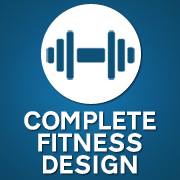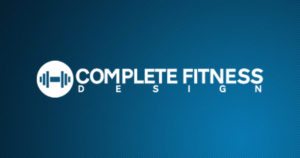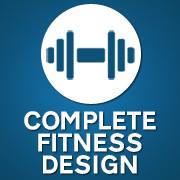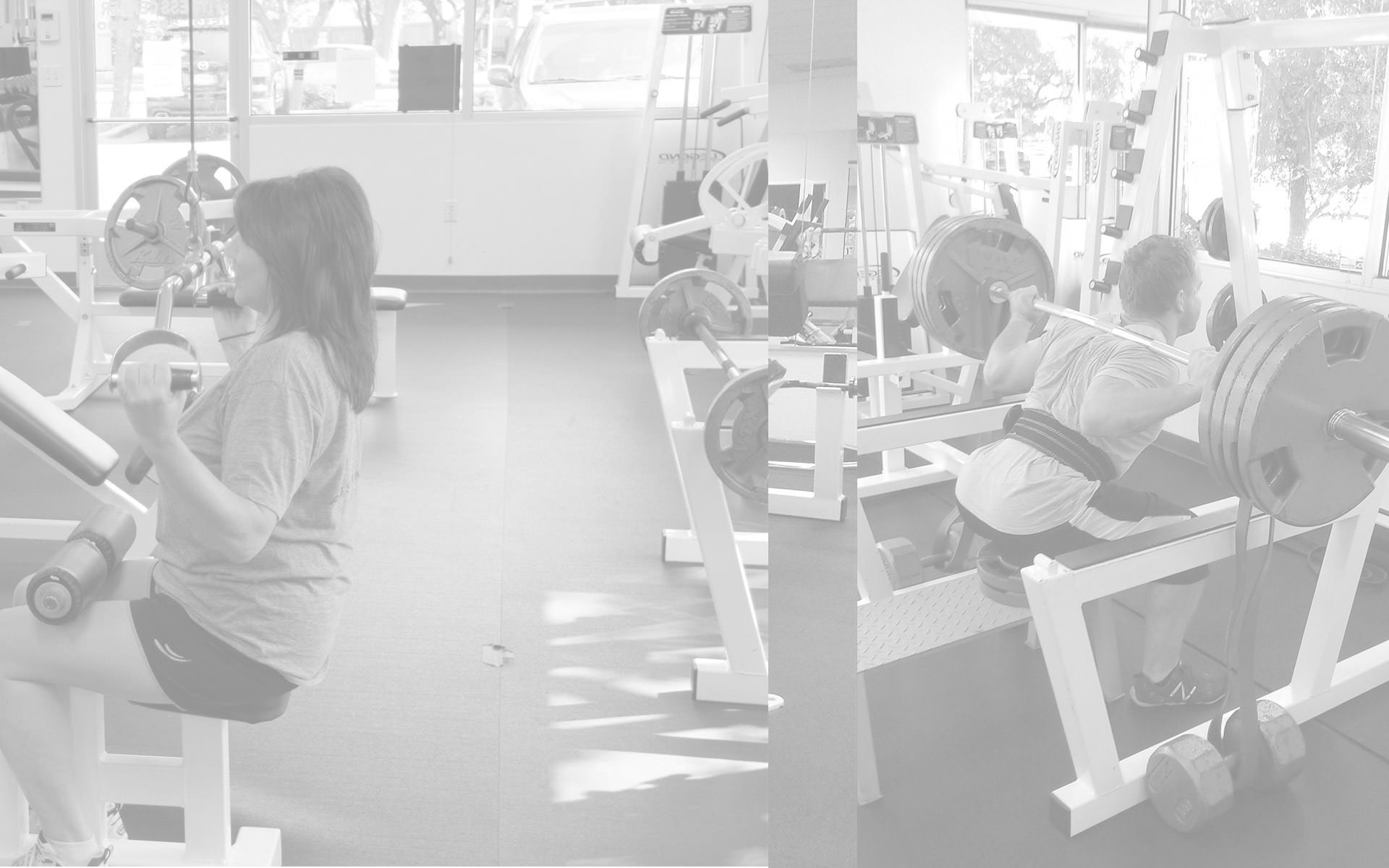Exactly What Does a Personal Trainer Need to Know?
When you’ve been an Austin personal trainer as long as I have, naturally, you get a lot of questions. I often field workout questions, nutrition questions, physical therapy related questions, etc. Occasionally though, you’ll meet someone who’s either new to the field of personal training in Austin, or is an aspiring personal trainer in Austin. There are always the folks that think because they’re in some kind of shape and know how to do some exercises, or played sports previously, that they are qualified for the job. This is far from reality. Just because you look athletic, or are athletic, doesn’t mean that you know the first thing about being a personal trainer. I could put a white coat on and wrap a stethoscope around my neck, but I’d still be a vastly under qualified physician. So, what does a personal trainer need to know?
What does a personal trainer need to know is a question that isn’t easily or quickly answered. For example, if you are just starting out in the field, and are learning the basics of some of the simpler things we as personal trainers do, such as weight loss without mitigating factors such as thyroid issues complicating the matter, you’ll need to have a grasp on basic nutrition. Nutrition is not a basic subject matter or science. It’s quite involved, but naturally, anyone on an entry level will need to start with the basics and accrue more knowledge over time by reading, asking, and applying their knowledge.
So, what does a personal trainer need to know? Anatomy! If a trainer doesn’t have a good anatomical knowledge, then they should be avoided. To be effective, you’ll need to know far beyond just what things are called, but where they connect, and how they operate. The psoas muscle is a good example. It’s a major hip flexor muscle and is engaged when we lift a leg to step. The iliopsoas muscles, on the other hand, provide a different function. To be a good trainer, you’ll have to understand the functions of the various muscles and how they relate to one another in terms of what stabilizes what when one is a prime mover. Better yet, you’ll learn enough and gather enough experience to allow you to recognize imbalances within the musculature, and know how to remedy it. This is a process that I refer to as corrective flexibility, and obviously, it’s something that requires a lot of time, learning, and experience to be able to do with a client.
What does a personal trainer meed to know? Feel. You have to be able to get a feel for a situation, and a client, rather quickly. For example, if I’m training someone and we’re pushing pretty hard aerobically, I need to be able to have a feel for how far I can push that client without causing injury, or pushing them too far out of their comfort zone. Everybody’s comfort zone is different, and that’s where feel comes into play. Experience, coupled with a medical background understanding of the client on hand, will help you feel how far you can push them, while keeping them safe.
As you can see, all that comprises the what does a personal trainer needs to know question, has only been briefly touched upon in this blog. Suffice it say, however, that like any field, the more you know, the more effective and successful you will be. The stereotypical personal trainer, or what I refer to as the impersonal trainer, is often times no more than a workout buddy. That’s a waste of money in my book. People should get value for the money and not have their time wasted whether it be while at the grocery store, or with their personal trainer. If you’re looking at becoming a personal trainer, soak up all the knowledge you can, and never stop learning. What does a personal trainer need to know? A lot!
Ready to Get Started?

Andy

Latest posts by Andy (see all)
- Workout Motivation: How To Get Motivated To Work Out - March 9, 2022
- Body Fat Types: Subcutaneous and Visceral Fats - June 1, 2019
- Why Diets Work If You Stick With Them - April 1, 2019






